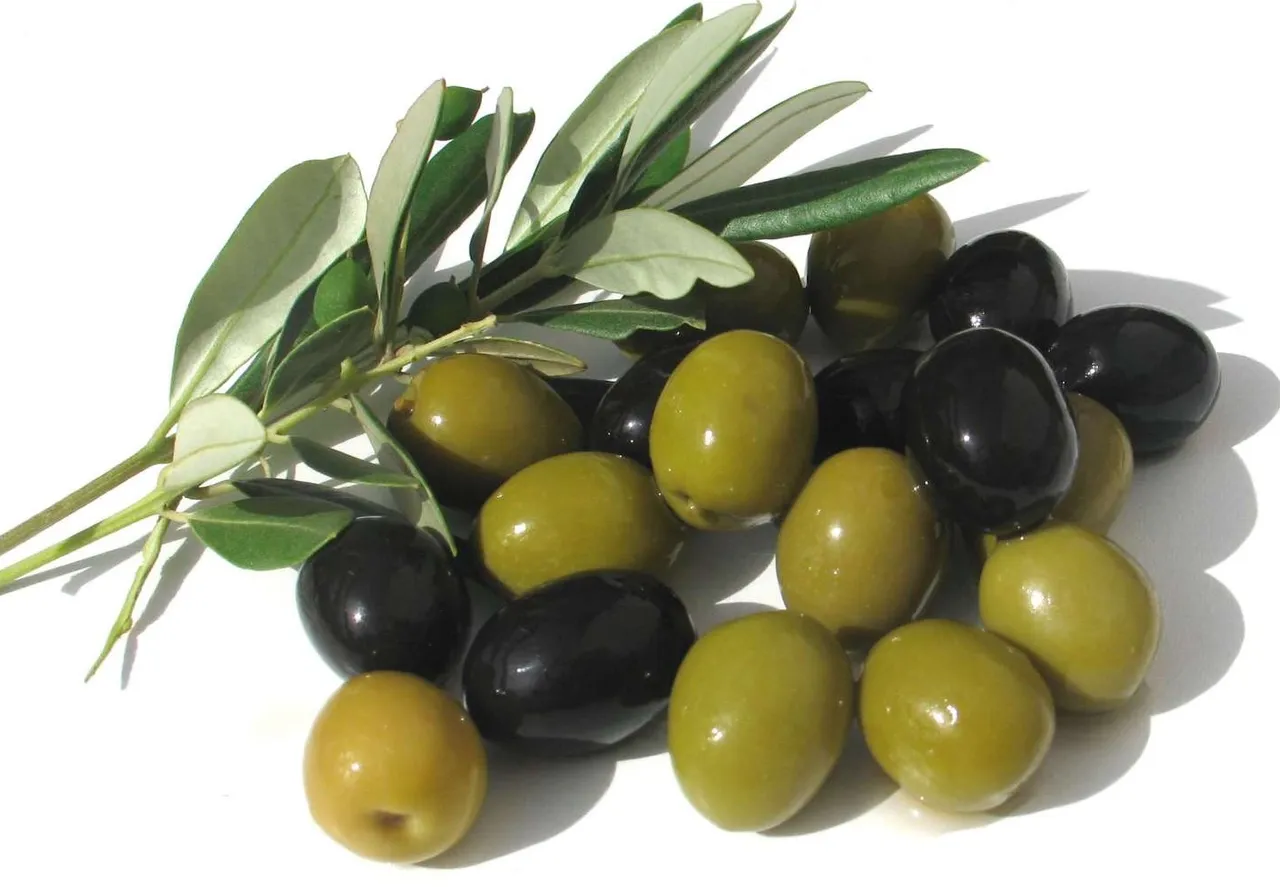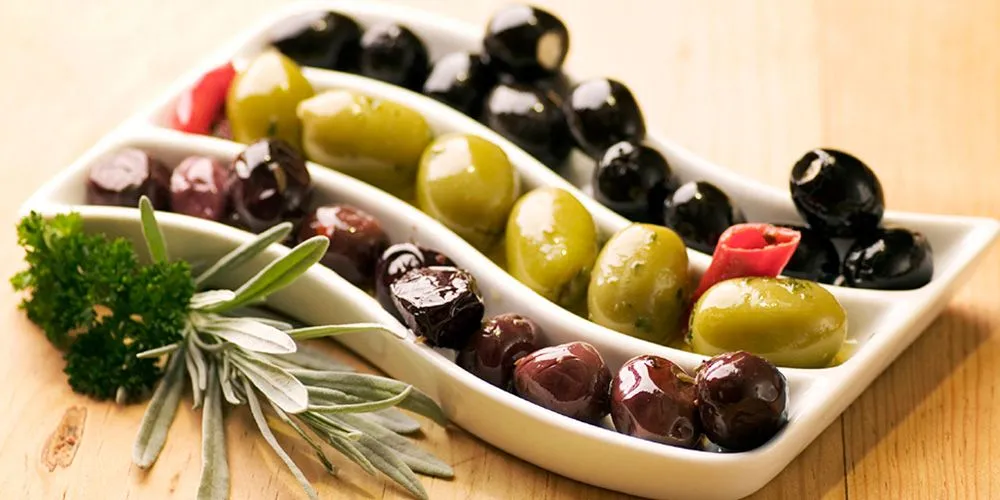
With incredible health and life span advantages, olives and their products are valuable elements of our every day diet. Their natural product has been honored since ancient times, an image of learning, intelligence, plenitude, well-being, quality and excellence.
Ancient Greeks viewed olive trees as an image of thoughtfulness and civility, and even today, the olive branches are emblematic of harmony. The tree has been developed for a long time and numerous parts of it are being utilized for their advantages. Olives, olive oil, its exquisite wood, even its leaves. It flourishes in subtropical territories in the United States, Latin America and particularly in the Mediterranean.
The product of the olive is green and fleshy and turns dark purple when it is fully mature, except for a few varieties that retain their green color when they mature and some turn out to be bronze. At the point when the olives mature, the oil comes out. From a well-being perspective, dark olives are superior to green olives, as they have an expanded inorganic salt content.
The nutritional table:
• Olives contain few carbohydrates and are a rich source of monounsaturated fatty acids (oleic acids).
• The content of olives in sodium is high.
• It is a rich source of vitamin E, as it contains blended tocopherols.
• Olives are rich in minerals, such as calcium, press, magnesium, phosphorus, potassium, zinc, copper and selenium.
• Olive oil contains numerous extraordinary phenolic and aromatic compounds, such as oleuropein and flavonoids. Other nutrients, such as proteins, vitamin C, vitamin K, histidine, isoleucine, leucine, phenylalanine and methionine are available in little sums in olive oil.

The nutritional value of the olives:
• Olives contain linoleic acid, which is exceptionally advantageous to breast-fed infants. Its insufficiency is related to certain skin diseases and formative issues in newborn children. Breastfeeding moms are good to incorporate the fruit of the olive in their diet.
• Chlorine they contain can enhance liver functions by helping the body to successfully wipe out body waste.
• Vitamins A, D, E and K, contained in olives, help bone development in youngsters and grown-ups.
• The trademark flavor and smell of olives originates from the presence of polyphenols. Polyphenols are beneficial against cancer and furthermore have noteworthy anti-inflammatory properties.
• Vitamin E and other antioxidants contained in olives decrease the danger of cell damage and inflammation.
The nourishing advantages of olive oil:
• In addition to being an antioxidant, monounsaturated oil positively affects cholesterol levels. Extra virgin olive oil diminishes LDL (bad cholesterol) and builds HDL (good cholesterol).
• Oleic acid - the primary monounsaturated fat found in olive oil – affects the gene responsible for the development of breast-cancer tumors.
• Olive oil has anti-inflammatory properties that are useful in conditions, such as, asthma and rheumatoid joint inflammation. Specialists have discovered that there are a few ingredients in olive oil that have the same impact as non-steroidal anti-inflammatory drugs.
• Magnesium, squalene and cycarotenol, present in olive oil, help to diminish acidity.
• Researchers have discovered that a characteristic compound found in olive oil (oleocanthal) might be conducive to the prevention, even the treatment of Alzheimer's disease.
• The American Diabetes Association and the European Food Information Council recommend that olive oil should be consumed by diabetics since its sound, monounsaturated fat can help decrease blood glucose levels.
• Studies have demonstrated that micronutrients found in dark olives are valuable in treating osteoporosis, especially in the femoral bones.
• Maslinic and oleanolic acid present in olive oil help to inhibit the development and multiplication of cancer cells.
• Menopause hot flashes can be significantly diminished by eating olive oil or olives.
• Olive oil contains a natural chemical that can reduce pain.
• Olive oil is also beneficial to the health of the scalp and hair. It helps to repair the damaged hair follicles and makes the hair delicate, smooth and sparkling.
• The utilization of olive oil is also advantageous for the health of the feet. It makes the soles of the feet soft and smooth and the nails stronger.
• Olive oil is added to many healthy skin products since it helps the skin to retain its flexibility by preventing the wrinkles and the dryness of the skin.